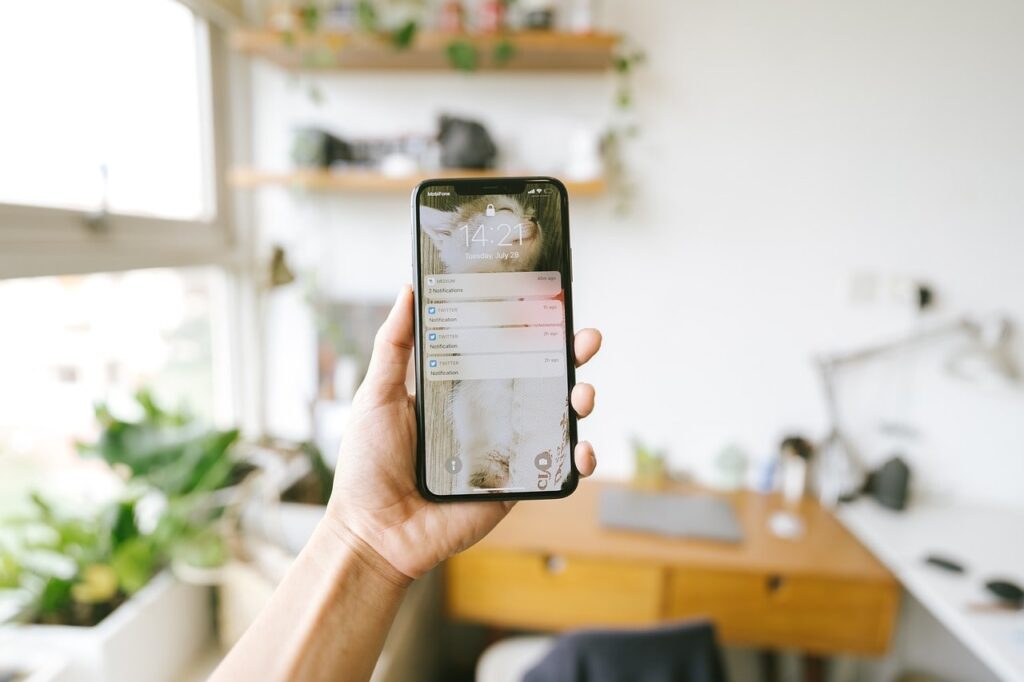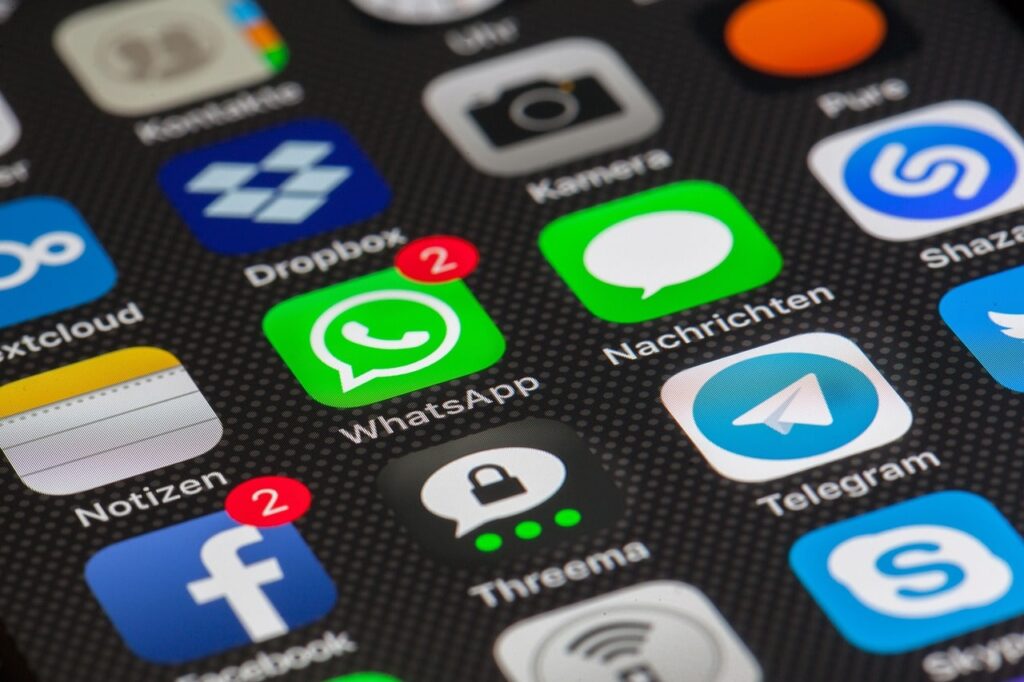In recent years, powerful mobile spyware like Pegasus, Predator, and similar zero-day exploit kits have been used to silently compromise iPhones across the globe. These tools are not just theoretical threats—they’ve been deployed against journalists, lawyers, political figures, business leaders, and other high-value targets. With full access to your iPhone’s data, camera, microphone, and encrypted messaging apps, attackers can surveil every detail of your personal or professional life without any visible signs of compromise.
If you’re a privacy-conscious user or professional handling sensitive data, it’s no longer enough to trust Apple’s default security settings. Below are five essential steps every iPhone user should take today to dramatically reduce the risk of compromise.

Why:
Apple often releases security patches in developer beta builds weeks before the public version. These early updates can close critical vulnerabilities that may be actively exploited in the wild.
How to enable:
– Open Settings > General > Software Update
– Tap Beta Updates
– Select iOS Developer Beta
As of iOS 17, Apple allows anyone with a free developer account to join. Simply use your Apple ID to register at developer.apple.com.
Why it matters: This gives you faster protection against new zero-days that sophisticated spyware platforms are known to exploit.
Why:
Even if your iPhone is secure, attackers can still try to access your data through iCloud. Advanced Data Protection extends end-to-end encryption to more iCloud categories like:
– Photos
– Notes
– Backups
– iMessage in iCloud
How to enable:
– Open Settings > [Your Name] > iCloud > Advanced Data Protection
– Follow the instructions to set up recovery options (passkey or trusted contact)
Why it matters: Even if attackers gain access to your iCloud credentials or Apple is compelled to hand over data, your information remains unreadable without your personal decryption keys.

Why:
Lockdown Mode is designed for individuals at risk of targeted spyware attacks. It disables many complex features attackers exploit, such as:
– Most message attachments
– Web font rendering and JavaScript processing
– FaceTime calls from unknown numbers
How to enable:
– Go to Settings > Privacy & Security > Lockdown Mode
– Tap Turn On Lockdown Mode
Use case: It’s ideal to enable during high-risk events, such as travel to sensitive regions, political meetings, or when you believe you may be under surveillance.
Why:
A VPN encrypts your internet traffic and masks your IP address, making it harder for attackers or ISPs to intercept your communications or track your physical location.
What to look for:
– Reputable provider (ProtonVPN, Mullvad, NordVPN, etc.)
– No logs policy
– Kill switch enabled (prevents data leaks if VPN disconnects)
– DNS leak protection
Why it matters: Sophisticated spyware sometimes uses network-based exploits or phishing, especially when devices are on unsecured or monitored networks.

Why:
Many advanced mobile exploits—including those used by spyware like Pegasus and Predator—are designed to operate in memory or temporary folders. This allows them to avoid leaving persistent traces, making them harder to detect during forensic investigations. Restarting your iPhone flushes active memory and resets volatile states, disrupting or terminating these types of attacks.
Recommended practice:
– Restart your iPhone every 2–3 days
– Ensure your device is protected with a strong passcode after reboot
Why it matters: A regular reboot is not a silver bullet, but it can be surprisingly effective at interrupting spyware that relies on in-memory execution without permanent installation.
Here are some of the most advanced spyware platforms and exploits used globally:
– Pegasus (NSO Group): Zero-click attacks via iMessage or Safari. Full access to calls, messages, camera, microphone.
– Predator (Intellexa): 1-click link-based infection with full device control. Used in Greece and other countries.
– Hermit (RCS Lab): Disguised as telecom support apps, installed via sideloading or MDM profiles.
– Reign (QuaDream): Similar to Pegasus, using undisclosed iOS exploits. Disbanded, but techniques may persist.
– LightSpy (China-linked): Targets iOS with WebKit exploits. Includes real-time monitoring and clipboard capture.
Apple continues to improve iOS security, but high-level attackers are moving just as fast. By taking the steps above, you significantly harden your device against the most common spyware vectors.
At ISS Ltd, we provide advanced mobile forensic analysis to detect traces of sophisticated spyware on iPhones and Android devices. If you suspect your device may have been targeted, contact us for a confidential assessment.